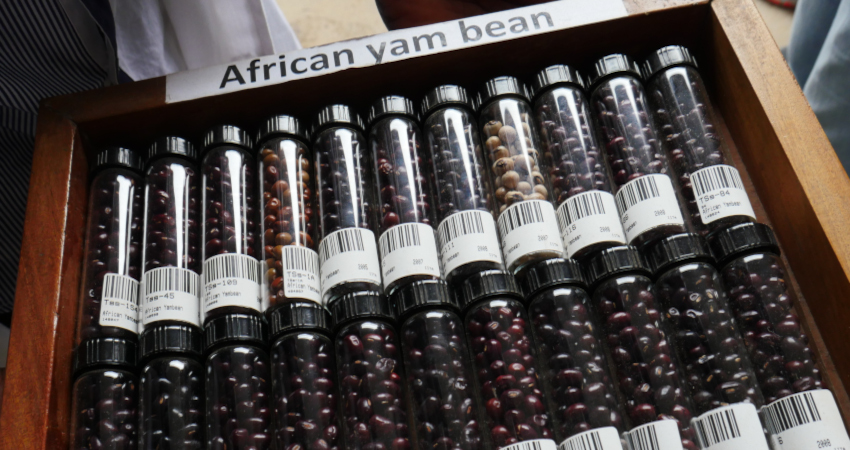The Seed Sector of Underutilized Crops and Varieties
In the vast and diverse agricultural landscape of Africa, there are numerous "underutilized" crops and varieties — traditional, indigenous plants that have been overlooked by mainstream agricultural development efforts. These crops (also known as forgotten or orphan crops), though often marginalized, are key for addressing food security, nutrition, and economic development challenges across the continent. Investing in the seed sector of African underutilized crops is not just an opportunity but a necessity for fostering sustainable agricultural transformation and ensuring more inclusive seed sector development.
The Importance of Underutilized Crops
Forgotten crops and varieties include cultivated, semi-domesticated, and wild species, as well as traditional varieties. They've been used for centuries for food, fiber, fodder, oil, and medicine. Despite their cultural and nutritional importance, researchers, policymakers, and markets have often overlooked them. These foods are vital for diverse, sustainable agri-food systems, offering rich nutrients and supporting food security, income, and cultural traditions.
Aligning with the Manifesto on Forgotten Foods
The Global Manifesto on Forgotten Foods, published in 2021, is the outcome of an extensive consultation process conducted in Africa, Asia-Pacific, Europe and the Middle East, facilitated by GFAR. It represents a significant milestone, offering a cohesive, multi-dimensional, and systematic proposal geared towards collective action, encompassing research, innovation, and development policies. AfricaSeeds aligns itself with the recommendations of the Manifesto regarding seed sector development:
- Develop resilient seed systems for forgotten crops that make forgotten crop seed(lings) available at the right time, in the right place and at affordable prices.
- Collaborate with farmers and their organizations in developing solutions to challenges related to quality seed(ling) production, cultivation, processing, packaging and marketing of traditional forgotten food species and varieties.
The Role of Seed Sector Investment
Investing in the seed sector of African underutilized crops is crucial for harnessing their full potential and for supporting the production and preservation of forgotten foods and related knowledge. By supporting research and breeding programs, seed production and distribution networks and policy initiatives, investments can facilitate the conservation and sustainable use of underutilized crops. Moreover, investment in seed sector infrastructure, such as storage facilities and transportation networks, can ensure reliable access to quality seeds for farmers, promoting increased adoption and cultivation of forgotten crops.
Benefits of Investing in Underutilized Crops
Investing in the seed sector of African orphan crops yields numerous benefits, both for farmers and broader society. Enhanced access to quality seeds of improved orphan crop varieties empowers smallholder farmers to increase productivity, diversify their income sources, and build resilience to climate change. Additionally, the cultivation of orphan crops contributes to biodiversity conservation, promotes sustainable farming practices, and fosters local food sovereignty and cultural heritage preservation.
